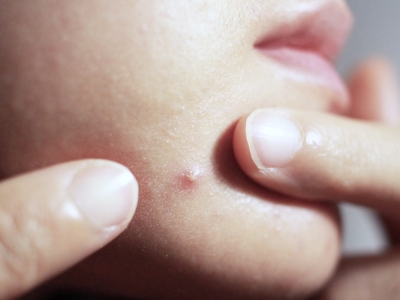What is Pus?

Pus is a whitish-yellow, yellow, or brown-yellow protein-rich fluid called liquor puris that accumulates at the site of an infection.
Pus is the result of the body’s natural immune system automatically responding to an infection, usually caused by bacteria or fungi.
Leukocytes, or white blood cells, are produced in the marrow of bones. They attack the organisms that cause infection.
Neutrophils, a type of leukocyte, have the specific task of attacking harmful fungi or bacteria.
For this reason, pus also contains dead bacteria.
Macrophages, another type of leukocyte, detect the foreign bodies and release an alarm system in the form of small, cell-signaling protein molecules called cytokines.
Cytokines alert the neutrophils, and these neutrophils filter from the bloodstream into the affected area.
The rapid accumulation of neutrophils eventually leads to the presence of pus.
Picture Credit : Google













